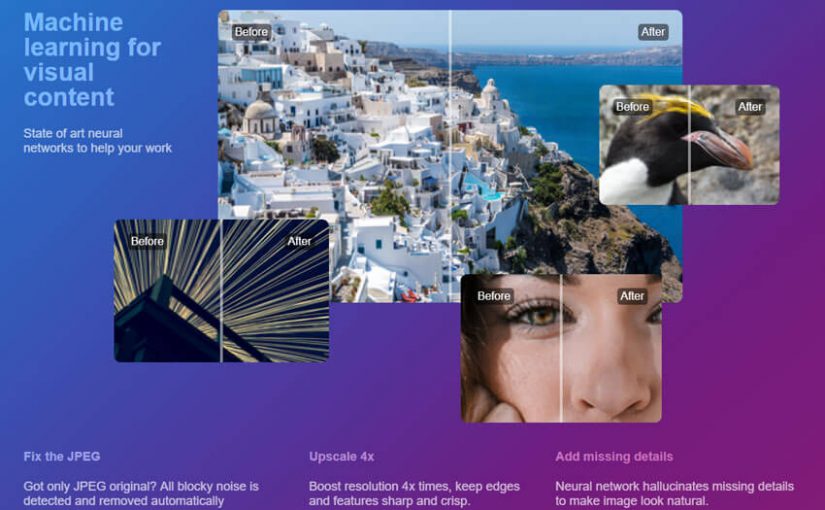Note: The following has been written by ChatGPT when asked about the title of this article. The image used has been generated using Stable Diffusion. Both are AI tools.
In the age of Artificial Intelligence (AI), where technological advancements are transforming every aspect of our lives, the importance of learning English cannot be overstated.
English has emerged as the lingua franca of the digital age, bridging communication gaps across borders and connecting people from diverse backgrounds. In the context of AI, mastering English offers a multitude of advantages and opportunities.
Access to free online resources and tools
English proficiency opens doors to a vast array of resources and information available online. As AI-powered platforms and tools become increasingly prevalent, the majority of their content, documentation, and tutorials are predominantly in English.
Whether it’s learning to code, understanding machine learning algorithms, or delving into the latest research papers, a strong command of English is essential for navigating this wealth of knowledge.
Keeping up with the global tech race
Communication skills in English are crucial for collaboration and participation in global AI initiatives. As AI technologies continue to evolve, interdisciplinary collaboration becomes essential, involving professionals from fields such as computer science, engineering, mathematics, and social sciences.
English serves as the common language facilitating effective communication and collaboration among experts from diverse backgrounds, fostering innovation and driving progress in AI research and development.
Competitiveness in the global job market
English proficiency enhances employability and career prospects in the rapidly evolving job market shaped by AI. Many of the leading tech companies and AI startups are based in English-speaking countries or operate in English-dominated environments.
Fluency in English not only improves one’s ability to comprehend and utilize AI-related technologies but also enhances one’s competitiveness in job interviews, enabling individuals to pursue lucrative career opportunities in AI-related fields.
Participation in cultural exchange
In addition to professional advantages, learning English in the age of AI also promotes cultural exchange and understanding. As AI continues to reshape global interactions and economies, cross-cultural communication becomes increasingly important.
English serves as a tool for connecting people from different cultural backgrounds, fostering mutual understanding, and promoting collaboration on a global scale.
Prerequisite for success
In conclusion, the significance of learning English in the age of AI cannot be emphasized enough. Beyond being a means of communication, English proficiency is now a prerequisite for success in the digital era, particularly in fields like AI where collaboration, access to information, and global connectivity are paramount.
By investing in English language skills, individuals can not only harness the full potential of AI but also contribute to the advancement of technology and foster international cooperation in the pursuit of common goals.




